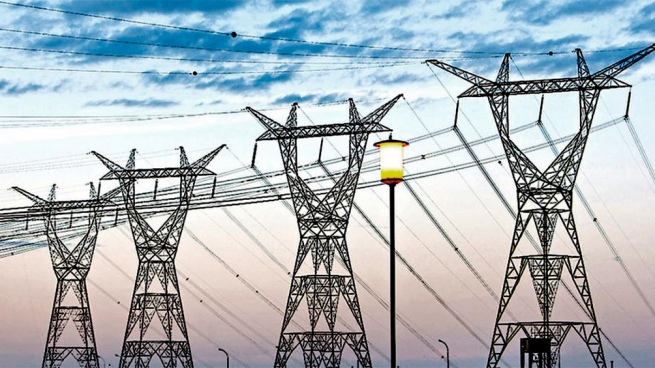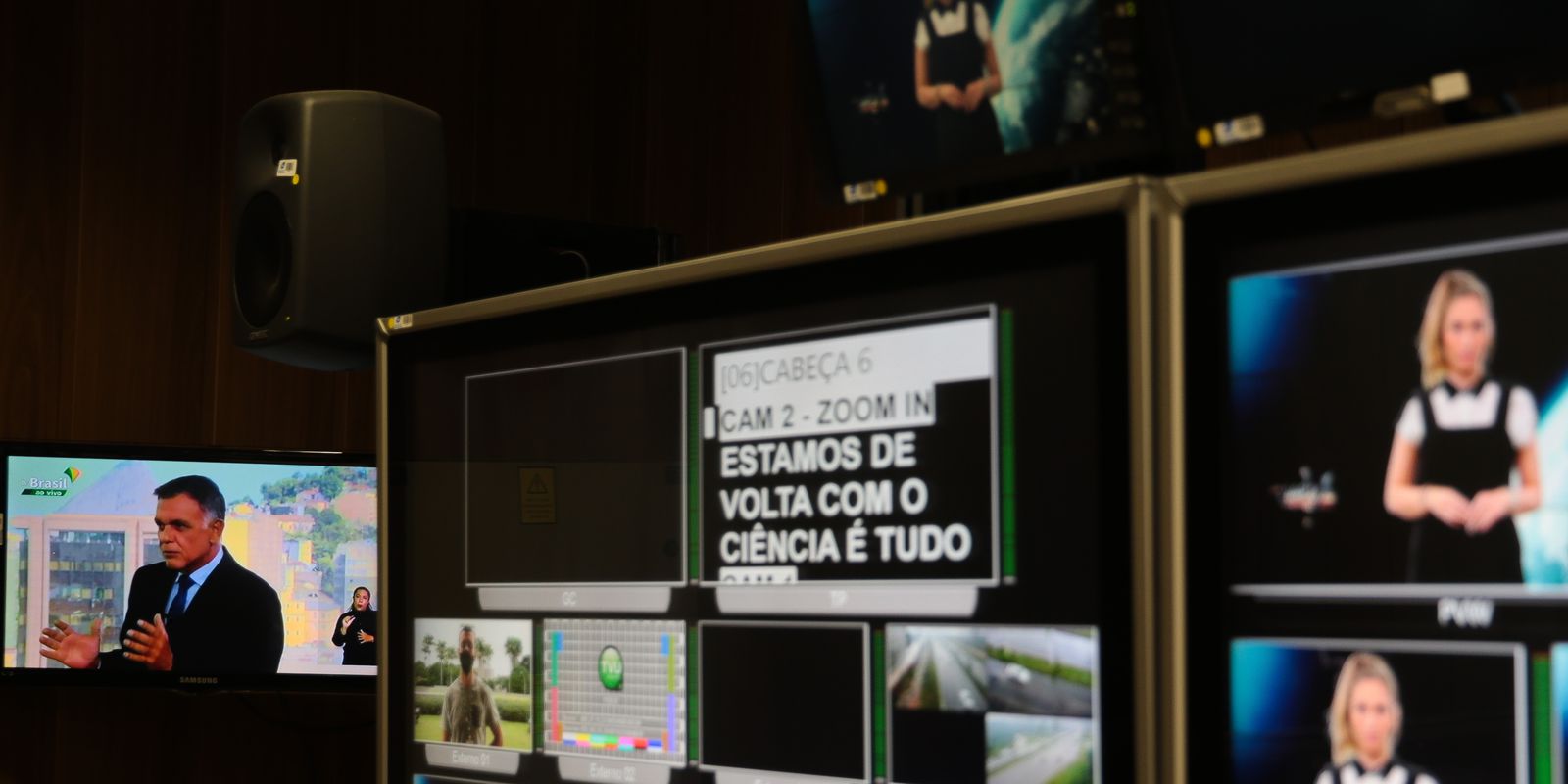The public hearing to determine the electricity rates ended after two days of presentations, in which the national State proposed an update in the different stages of the transport and distribution of electricity so that they are reflected in an increase of between 17% and 20% on what the end user pays.
The second day was attended by representatives of entities, chambers and associations that bring together workers, businessmen and industry, and experts in the field, civil associations and users in general also made presentations.
As recorded in Thursday’s activity, one of the recurring themes continued to be the quality of the service provided by the distribution companies of the public electricity service in the Buenos Aires Metropolitan Area, that is, the companies Edenor and Edesur.
In turn, representatives of entities and users argued that rates must be fair, rejecting the possibility of an excessive increase, and highlighted the importance of providing Entities with greater tools for controls before non-compliance by distribution companies.
The hearing convened by the National Electricity Regulatory Entity (ENRE) demanded two days of debate to analyze the determination of the Power Reference Prices (Potref) and the Stabilized Price of Energy (PEE) in the Wholesale Electricity Market ( MEM).
At the same time, the proposals of the electric transport companies Transener, Transba, Districuyo, Transpa, Transco, Transnea and Transnoa and the 2022 Tariff Transition Regime for the distributors Edenor and Edesur were heard.
The transitory recomposition will take place under the premise of sustaining the necessary provision of public electricity transport and distribution services, in safe conditions and guaranteeing the respective supply, as well as the continuity and accessibility of said essential public services.
On this Friday, the president of the Association of Electric Power Distributors (Adeera), Horacio Nadra, stated that “only users in conditions of socioeconomic vulnerability should be subsidized” and that “given the current great difference between the price and cost, this process must be gradual and predictable for users and for the sector”.
In his presentation, Nadra requested the sanction of a single seasonal price where a recovery path is foreseen to be defined by the National Secretary of Energy and asked to establish the necessary regulatory adjustments that allow progress with the expansion of the High Voltage networks of Transport concessionaires, in order to reduce supply problems.
Regarding the transitory adjustment of rates for the Edenor and Edesur distributors, the director said that the income of the distributors must be adjusted to the reality of the costs, both in magnitude and opportunity, being essential to complete the RTI process. to establish a level of resources that ensures the sustainability of the service.
Yesterday, the national director of Regulation of the Wholesale Electricity Market, Marcelo Positino, proposed “the setting of prices is defined in such a way that the final impact on users’ bills ranges between 17% and 20%”.
Positino pointed out in his presentation that in 2021, in a context of growth in demand and generation, there was a water emergency characterized by the sharpest drop in the flow of the Paraná River in 77 years, for which “costs are expected to increase in 2022 compared to 2021,” warned the official.
Likewise, he pointed out that if electricity subsidies increased in 2021, it was “mainly due to generation costs, due to devaluation and fuel prices”, which represented an additional value of $394,326 million.
In this sense, he indicated that in order to face these higher costs “the 17 largest distributors in the country increased their rates in 2021 by an average of 23%”.
The distribution company Edesur, in its presentation, indicated that the company requests $43,236 million to continue with the operation in 2022, while Edenor set that amount at $56,800 million, which makes a total between the two companies of $100,036 million.
The financing of these additional resources can be done, indicated the companies, through three ways: increase in rates, State subsidies or a combination of both variables.








